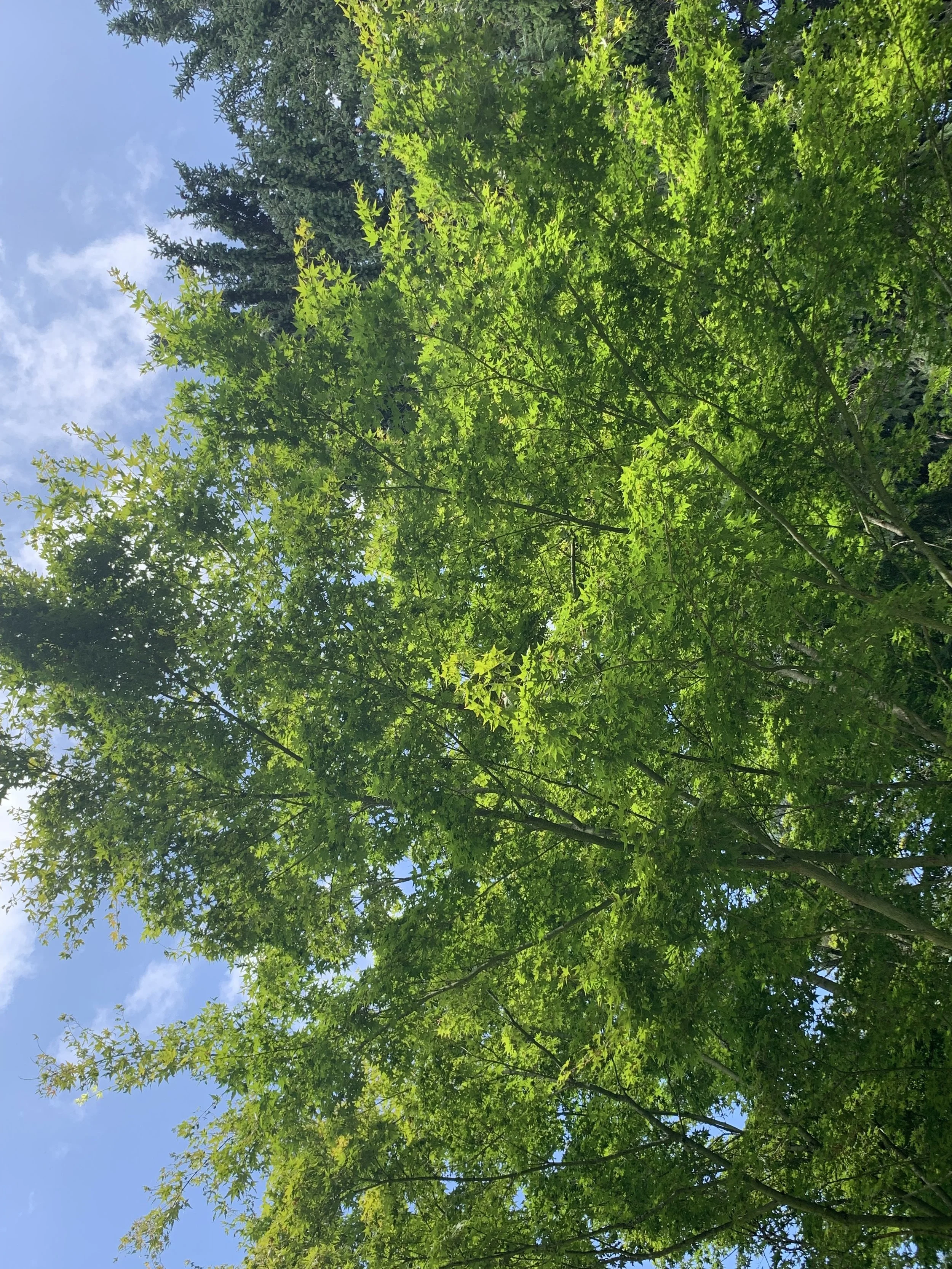By Brandon Peters, MD
Circadian rhythms may be the most difficult concept to understand in the world of sleep medicine. There is a lot of confusing language, and it relies on science that is not easily approached. Fortunately, a basic understanding of the science of circadian rhythms can be obtained and may help to explain some cases of insomnia and daytime sleepiness.
As the World Turns
The Earth’s 23 hour and 56 minute daily rotation provides predictable rhythms of light and temperature, food, and predator activity. Through adaptive evolution, our body’s metabolism and even our behaviors are programmed to respond to this precise timing. Franz Halberg coined the term circadian (from the Latin meaning “about a day”) in 1959. It describes numerous approximately 24-hour cycles that are generated within nearly every organism on the planet.
Within our body, there is a system in place that measures time and synchronizes many internal processes to daily events within the environment. Some of these important processes include:
Sleep and wakefulness
Metabolism
Core body temperature
Cortisol levels
Melatonin levels
Other hormones (growth hormone, thyroid hormone, etc.)
The control of these patterns is built into our genetic makeup; the machinery synchronizes rhythms that will persist independently of outside influences. The first mammalian gene, Clock, was identified in 1994. Multiple additional genes have been identified that constitute a core molecular clock that gives rise to other cellular, tissue, and organ function.
Every cell in our body follows a circadian pattern: an extraordinary symphony of biochemical reactions that are perfectly timed based on available resources and orchestrated by a small group of cells in the anterior part of the brain’s hypothalamus. Through hormones and other as yet undetermined influences, the central pacemaker coordinates peripheral clocks that are present in cells as diverse as cardiac, liver, and adipose tissues.
Light is perceived by the eyes and travels via the retina to the optic nerves. Above the optic chiasm, where the two optic nerves cross behind the eyes, sits the suprachiasmatic nucleus (SCN). This is the master clock of the body. It couples the numerous physiological processes described to the timing of light and darkness in the environment.
These patterns will persist without external time cues, but they may vary slightly from the geological day length. As a result, in isolation from resetting cues, the timing of these processes may gradually become desynchronized. The degree of shift may depend on our genetic program, or tau, with most people having an internal clock that runs longer than 24 hours. It is understood that our genetics and the interaction with other environmental factors – especially the exposure to morning sunlight – may have important effects on resetting the internal clock. These external influences are called zeitgebers, from the German for “time-givers”.
When the internal clock is misaligned to our environment, circadian disorders such as delayed and advanced sleep phase syndrome can occur. With a complete disconnect from light perception, as occurs in total blindness, a Non-24 rhythm occurs. These conditions are often associated with insomnia and excessive daytime sleepiness as well as irregularities in the sleep-wake rhythm that cause social and occupational dysfunction.
Fortunately, treatment of circadian disorders can be highly effective and a board-certified sleep physician can provide helpful guidance and resources.
Sources:
Borbely, AA. “A two process model of sleep regulation.” Hum Neurobiol. 1982;1:195-204.
Czeisler, CA et al. “Bright light resets the human circadian pacemaker independent of the timing of the sleep-wake cycle.” Science. 1986;233:667-671.
Lewy, AJ et al. “Phase shifting the human circadian clock using melatonin.” Behav Brain Res. 1996;73:131-134.
Moore RY and Eichler, VB. “Loss of a circadian adrenal corticosterone rhythm following suprachiasmatic lesions in the rat.” Brain Res. 1972 Jul 13;42(1):201-206.
Moore-Ede, MC et al. “A physiological system measuring time, “ in The Clocks That Time Us. Cambridge, Massachusetts, Harvard University Press, 1984, p. 3.
Peters, BR. “Irregular Bedtimes and Awakenings.” Evaluation of Sleep Complaints. Sleep Med Clinic. 9(2014)481-489.
Piggins, HD. “Human clock genes.” Ann Med. 2002;34(5)394-400.
Reid, KJ and Zee, PC. “Circadian disorders of the sleep-wake cycle,” in Principles and Practices of Sleep Medicine. Edited by Kryger MH, Roth T, Dement WC. St. Louis, Missouri, Elsevier Saunders, 2011, pp. 470-482.
Richardson, G and Malin, HV. “Circadian rhythm sleep disorders: pathophysiology and treatment.” J Clin Neurophysiol. 1996;13:17-31.
Sack, RL and Lewy, AJ. “Circadian rhythm sleep disorders: lessons from the blind.” Sleep Medicine Reviews. 2001;5(3):189-206.
Vitaterna, MH et al. “Mutagenesis and mapping of a mouse gene, Clock, essential for circadian behavior.” Science. 1994;264(5159):719-725.







